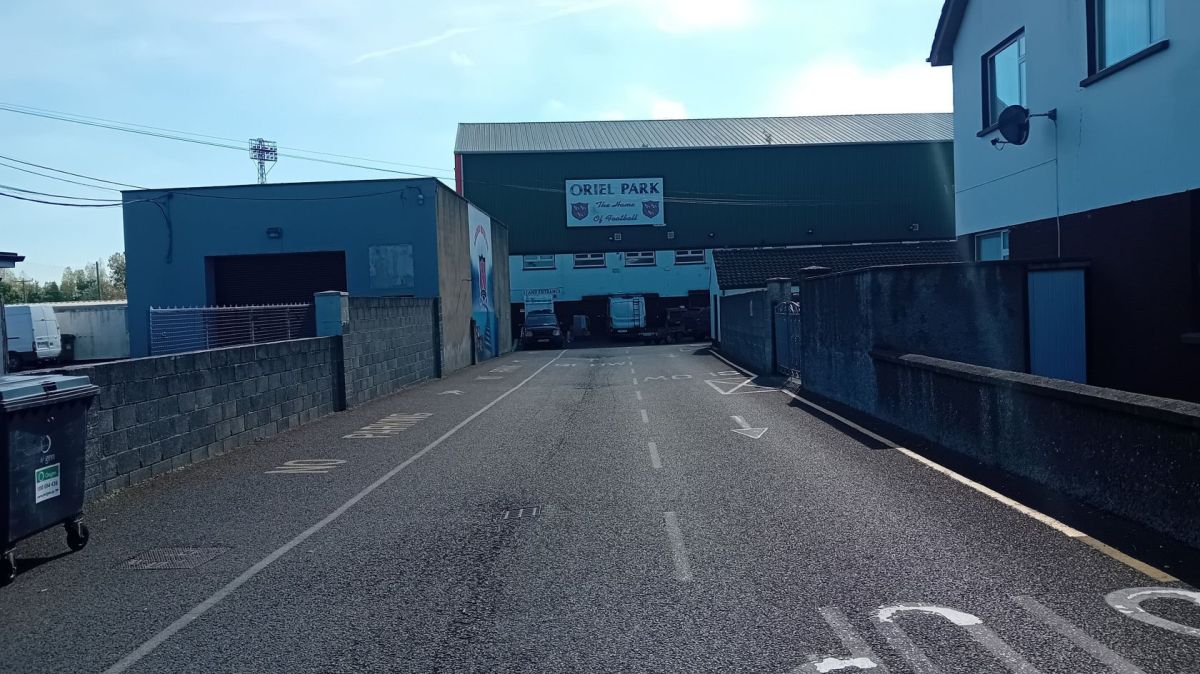From 6 May, restrictions will apply for six weeks in Milford, Co Donegal; Mullinger, Co Westmeath; and the Kells-Oldcastle area in Co Meath.
Uisce Éireann (Irish Water) said the decision follows an extended period of low rainfall stretching back to autumn 2024. The affected regions rely on key reservoirs that have not recovered during the normally wetter months. Lough Owel, which supplies Mullingar, is now at its lowest level in 50 years. Lough Colmcille in Donegal and Lough Bane in Meath are also at historically low levels.
The water conservation order bans the use of hosepipes for domestic and certain non-domestic purposes, including watering gardens outside businesses. Uisce Éireann said the move is necessary to preserve water for essential needs. Margaret Attridge, head of water operations, explained that “the past 12 months have been drier than normal” and many water sources have not replenished as expected during the winter.
Despite the targeted restrictions, the utility has urged people across the country to use water responsibly as summer approaches. Earlier this year, Met Éireann reported below-average rainfall at most stations during the winter, while autumn 2024 ranked as the 17th driest since 1940.
In contrast, Northern Ireland’s water reservoir remains in better condition. NI Water said April rainfall helped restore levels to 93% capacity. However, Water Supply Manager Maynard Courley warned against complacency, urging the public to use water wisely as climate patterns shift.
Meanwhile, the EU’s Copernicus climate service has upgraded both Northern Ireland and the Republic of Ireland to “drought warning” status, indicating worsening soil moisture levels and early signs of vegetation stress.















